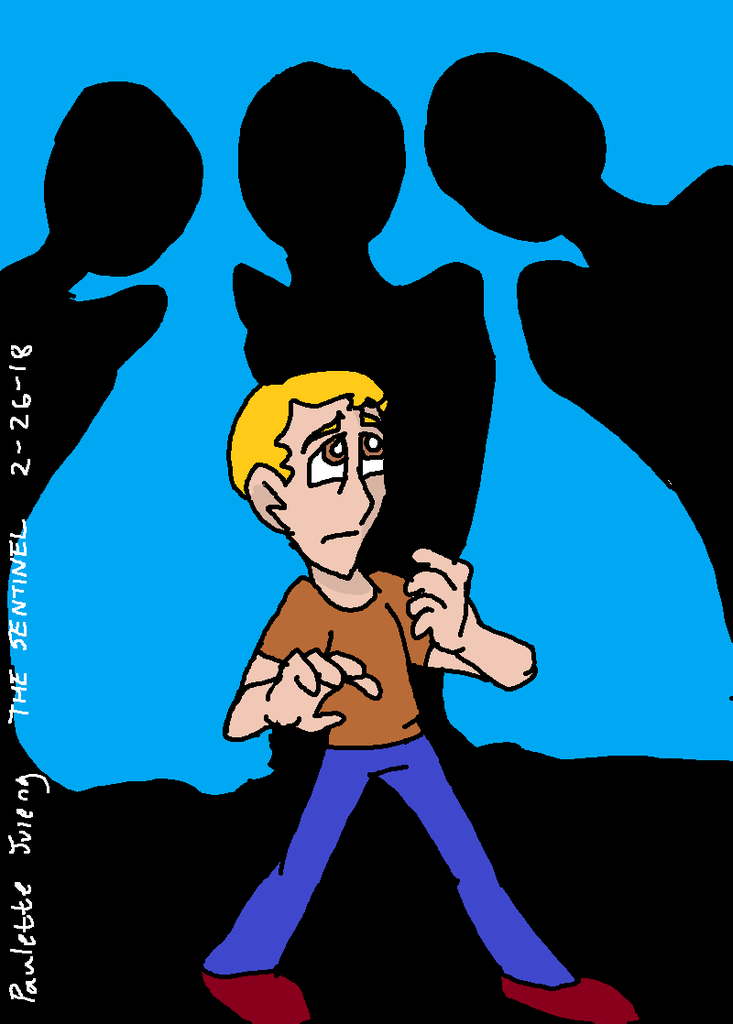Kennesaw State’s Greek life should focus on ending hazing during initiation in order to ensure the safety of students.
KSU defines hazing as “any intentional, negligent or reckless action, activity or situation that endangers or is likely to endanger the physical health of an individual or causes an individual pain, embarrassment, ridicule or harassment as a condition or precondition of gaining acceptance, membership, office or other status in a student group, whether or not such group is formally recognized by the University and regardless of the individual’s willingness to participate.”
While some people disapprove of hazing, others claim that it is a helpful ritual. An article by an anonymous author on the Phi Delta Theta website mentions how hazing allowed him and others in Greek life to increase their tolerance levels and learn more about commitment.
The article was published anonymously as part of a challenge made by former general council president Scott Mietchen, wherein he invited any undergraduate to write an essay defending hazing.
However, some fraternities and sororities take hazing too far. Time reported that nineteen-year-old Timothy Piazza, a Beta Theta Pi pledge at Penn State, died after being “forced to consume a substantial amount of alcohol in a hazing ritual.”
According to Centre County district attorney Stacy Parks Miller, Piazza received at least 18 drinks in around one hour and 22 minutes.
“He never once obtained any of those drinks for himself,” Miller said during a press conference. “Brothers [in the fraternity] were coming up to him and giving him those drinks.”
Piazza drunkenly fell down the stairs and hit his head twice that night. It wasn’t until almost six hours later that authorities were contacted. According to NPR, the fraternity was shut down, and 25 members were charged with involuntary manslaughter, hazing and aggravated assault.
Hazing has also caused an issue at KSU. As reported by WSB-TV, one of KSU’s fraternities, Pi Kappa Alpha, went under investigation last October after allegations of hazing surfaced. The fraternity was suspended and a cease and desist order was issued by the university’s Division of Student Affairs. This was the second cease and desist Pi Kappa Alpha received in 2017.
Because Greek rituals are so secretive, most members prefer to not to discuss their hazing experience. Only 5 percent admitted to personally being hazed based on data from Babson College. However, around 40 percent of students are aware of hazing practices occurring. Hazing can lead to a lack of sleep, a decrease of academics and mental instability if the actions are harsh enough.
“[KSU] makes sure the process of punishing takes place, rather than letting it slip by,” said freshman business management major Alexis Harvey. “If hazing is prominent in fraternities or sororities, there are consequences depending on the type of hazing done.”
While KSU has made its stance on hazing clear, Greek life must continue to push to end hazing to keep its members safe.


